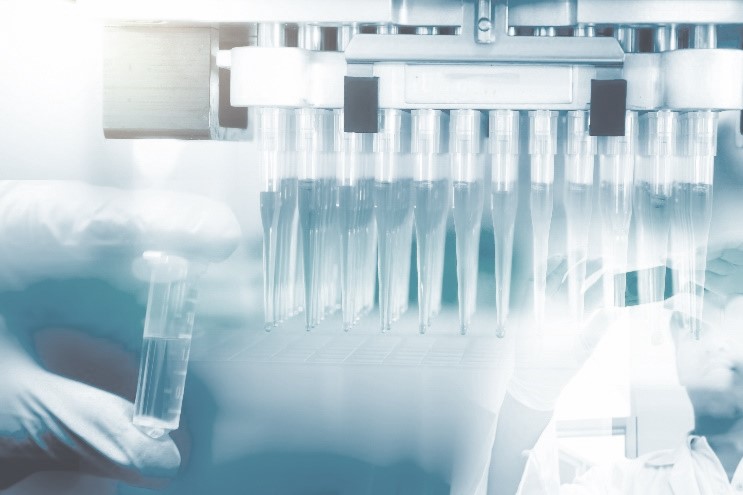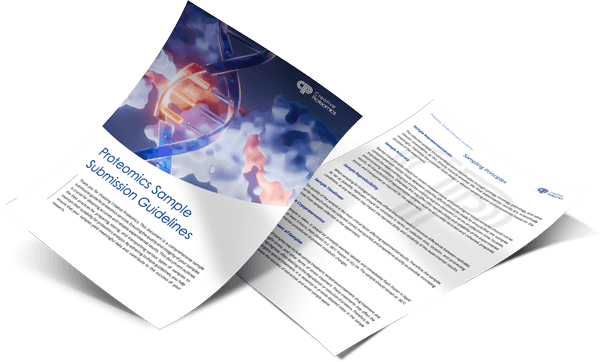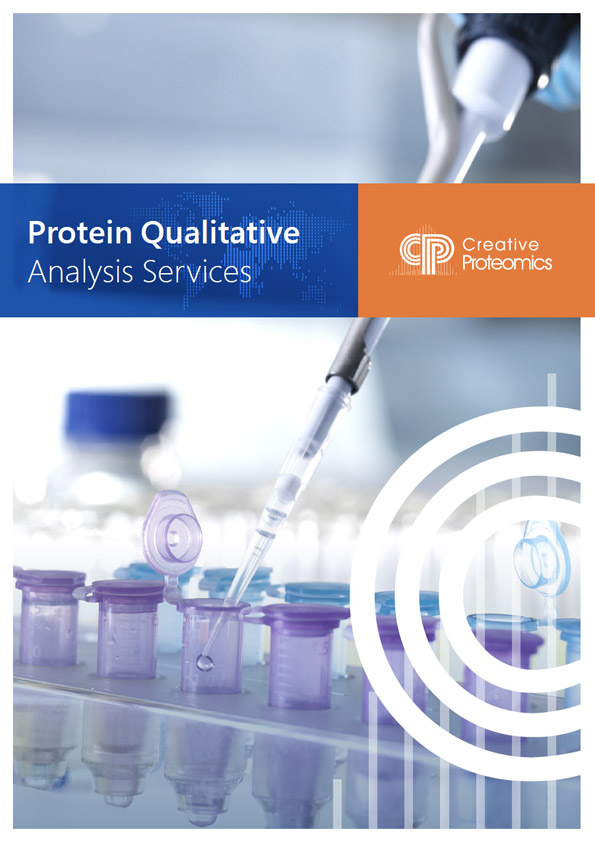Molecular weight determination can be classified into two main types: relative molecular weight determination and accurate molecular weight determination. Common methods for such determinations include Gel Permeation Chromatography (GPC), Size-Exclusion Chromatography (SEC), mass spectrometry, and SDS-PAGE, among others.
What Is Accurate Mass In Mass Spectrometry?
Accurate mass refers to the experimentally determined mass of an ion measured to an appropriate degree of accuracy and precision used to determine, or limit the possibilities for the elemental formula of the ion. In mass spectrometry, accurate mass refers to the precise measurement of the mass-to-charge ratio (m/z) of ions, usually expressed as a numerical value. Accurate mass measurements are performed with high-resolution mass spectrometers that can determine the m/z of ions with a high degree of precision.
Accurate mass is essential for identifying and characterizing chemical compounds, as it provides more exact information about the composition of ions and molecules. Biological samples are an area of great interest and the accurate determination of the mass of such compounds has become increasingly important and poses new challenges. The accurate mass measurements can be made by various instruments. And the advances of mass spectrometry make the accurate mass measurement available for both the experienced and novice mass spectrometry user. Accurate mass determination can be used to across all areas of chemistry and biochemistry. It can be used in the determination of unknown compounds in a complex mixture, simplifying the identification of these components. It has reported that some researchers have demonstrated the application of accurate mass measurement to the identification of proteins from their peptide fragments generated by digestion (peptide mass fingerprinting).

What Is The Difference Between Molecular Weight And Accurate Mass?
Relative Molecular Weight Determination
The relative molecular weights of polysaccharides and polypeptides are typically determined using Gel Permeation Chromatography (GPC) or Size-Exclusion Chromatography (SEC). These methods not only provide average molecular weight values but also offer insights into the molecular weight distribution within polymer samples. Additionally, they can be coupled with other detectors such as light scattering or viscosity detectors to yield information about molecular structure and size in solution.
For proteins and peptides, their relative molecular weights can also be determined using SDS-PAGE. In principle, the addition of SDS to the electrophoresis system disrupts hydrogen bonds and hydrophobic interactions in proteins, binding them to SDS molecules. As a result, the electrophoretic mobility of proteins depends solely on their size. By generating a standard curve based on the logarithm of standard protein molecular weights and their migration rates, the molecular weight of an unknown sample can be determined.
Accurate Molecular Weight Determination
Accurate molecular weights of compounds like proteins, peptides, amino acids, and glycoproteins are commonly determined using mass spectrometry. Mass spectrometry, when combined with peptide mapping, aids in verifying amino acid sequence accuracy. Techniques such as matrix-assisted laser desorption/ionization time-of-flight mass spectrometry (MALDI-TOF MS) or other high-resolution liquid chromatography mass spectrometry (LC-MS) methods are employed for comprehensive scanning, followed by deconvolution using specialized software.
Accurate Mass Determination at Creative Proteomics
For accurate mass determination, Creative Proteomics is equipped with the high-resolution Q Exactive HF mass spectrometer, featuring an Orbitrap detector. Employing deconvolution software, BioPharma Finder, we achieve precise molecular weight determination for proteins, peptides, amino acids, glycoproteins, and more. Our accuracy reaches 1 Da, a significant improvement compared to traditional methods like GPC and SDS-PAGE. This heightened precision meets the demands of protein qualification and analysis of protein modifications. Based on this fundamental quality attribute, it allows us to assess both the correctness of the primary sequence structure of biopharmaceuticals and identify major modification forms present on biopharmaceutical molecules.

Applications
Determination of the complete accurate molecular weights of large molecular protein samples (approximately 10-150 kDa), including intact molecular weight, reduced molecular weight, intact deglycosylated molecular weight, reduced deglycosylated molecular weight, and substructure fragment molecular weights.
Preliminary analysis of protein modification states (such as glycosylation, phosphorylation, oxidation, C-terminal lysine loss, etc.), and relative quantitative analysis.
Sample Requirement
The samples for this assay are recommended as solids or in solution using an appropriate solvent. And the samples should be high-quality.
If you want to know specific samples requirements, please feel free to contact us.
Instrumentation
We can provide advanced mass spectrometry for accurate mass determination with high resolution and high mass accuracy, our instruments available include but not limited to:
Q-Exactive Orbitrap LC-MS
Quadrupole-time-of-flight mass spectrometer
FT-ICR mass spectrometry
Delivery
A detailed report, including experimental materials, methods, procedures, and results
Raw data and data analysis results
As one of the leading-edge biotech companies, Creative Proteomics is professional in providing accurate mass determination. Based on NMR and MS technique platforms, we guarantee our clients the most reliable and efficient research services to best match their research goals. Our scientists have deep knowledge and extensive experience in experimental operation and data processing. If you have any questions or specific requirements, please feel free to contact us. We look forward to cooperating with you in the future.
Reference
- Bristow A W T. Accurate mass measurement for the determination of elemental formula—a tutorial. Mass spectrometry reviews, 2006, 25(1): 99-111.













